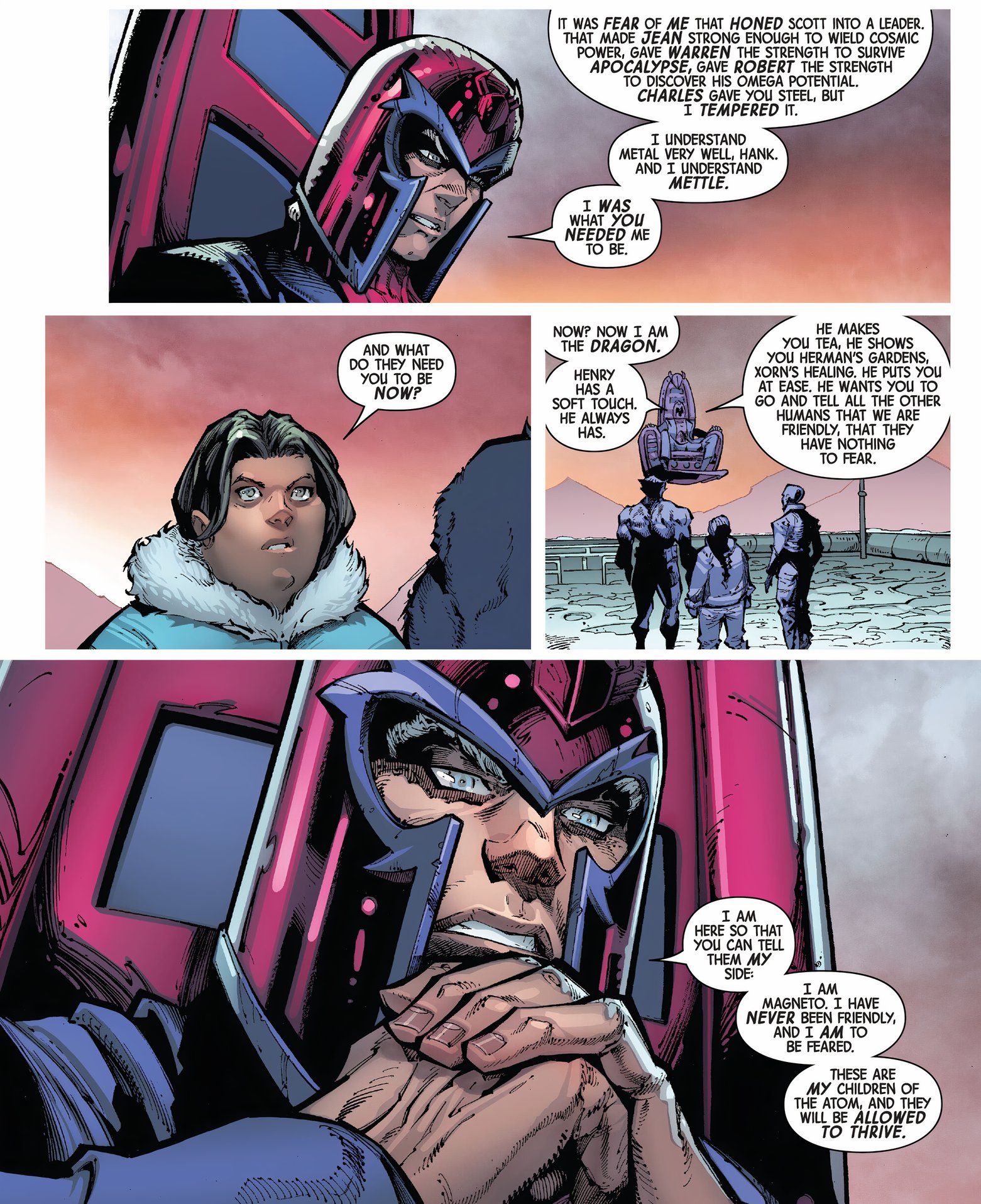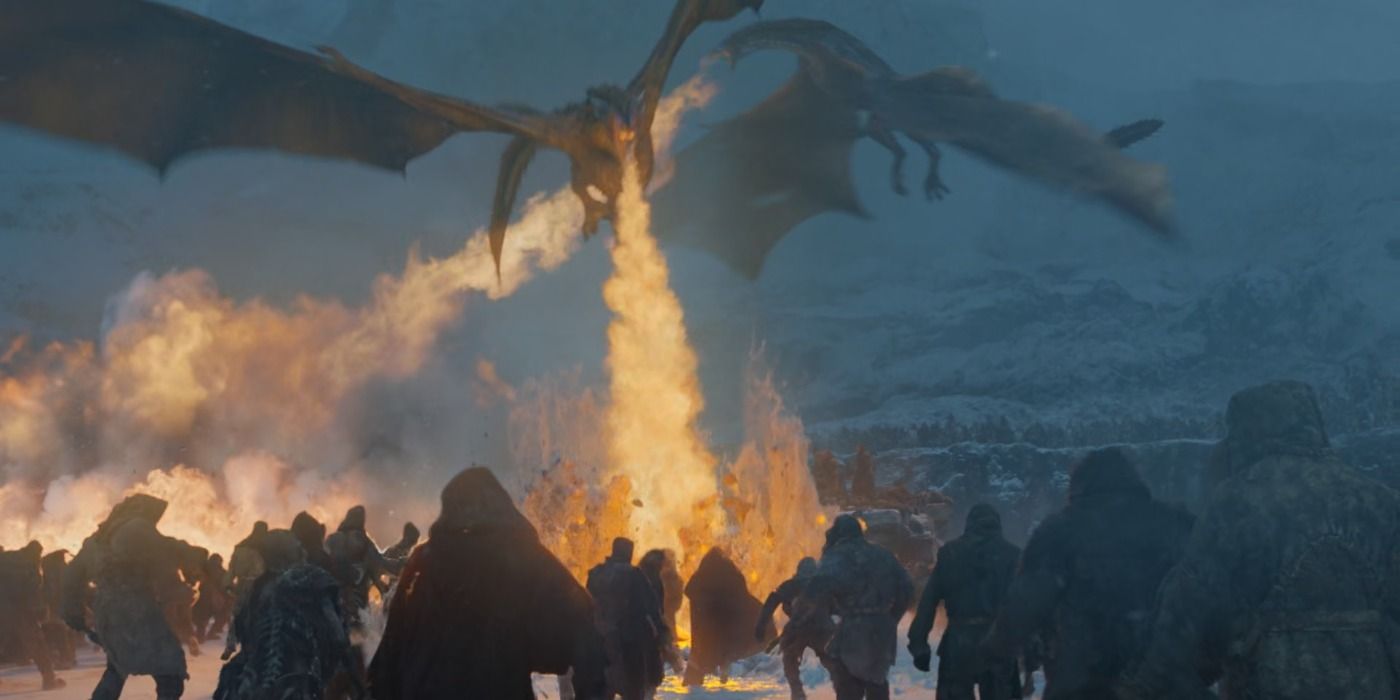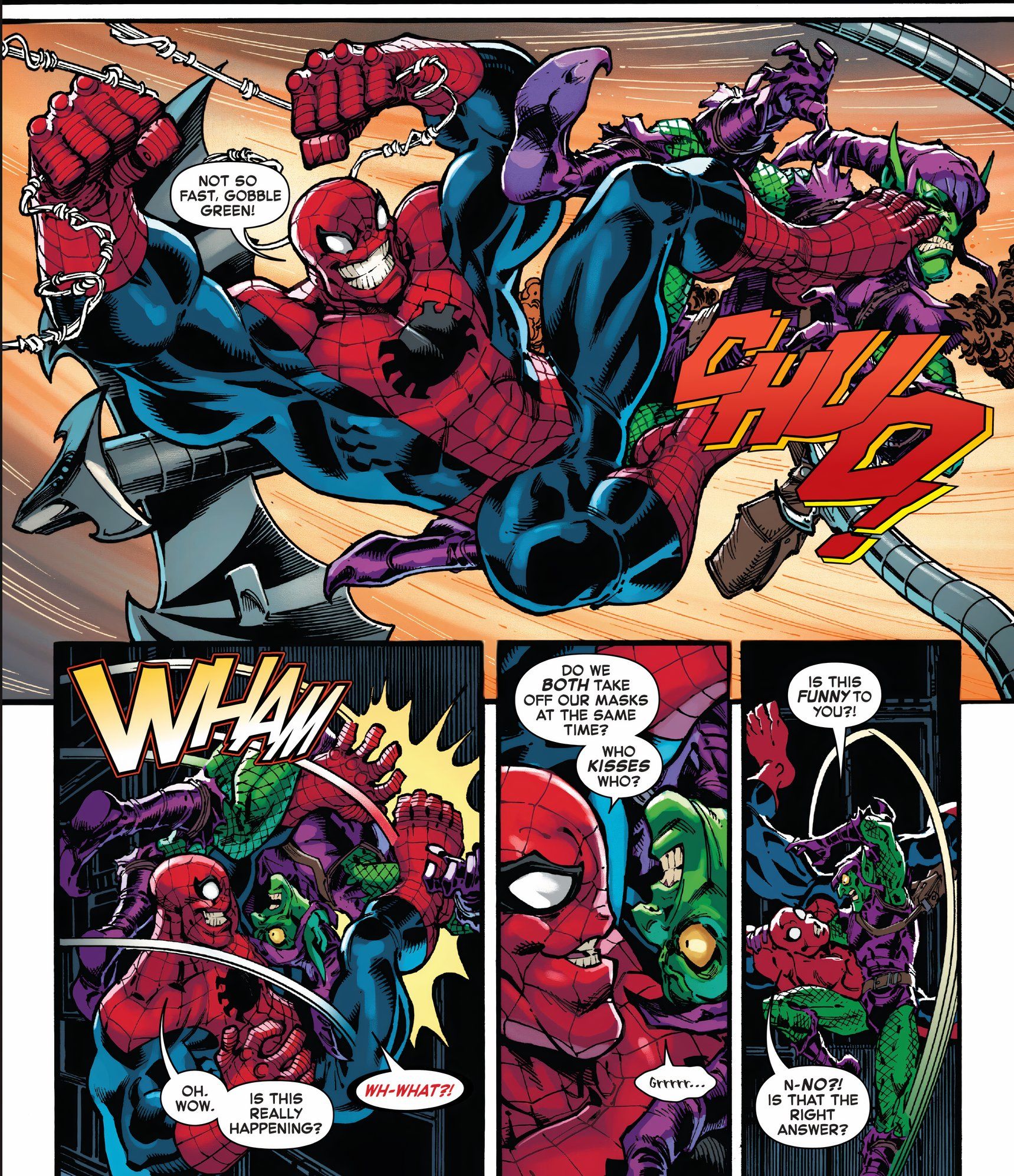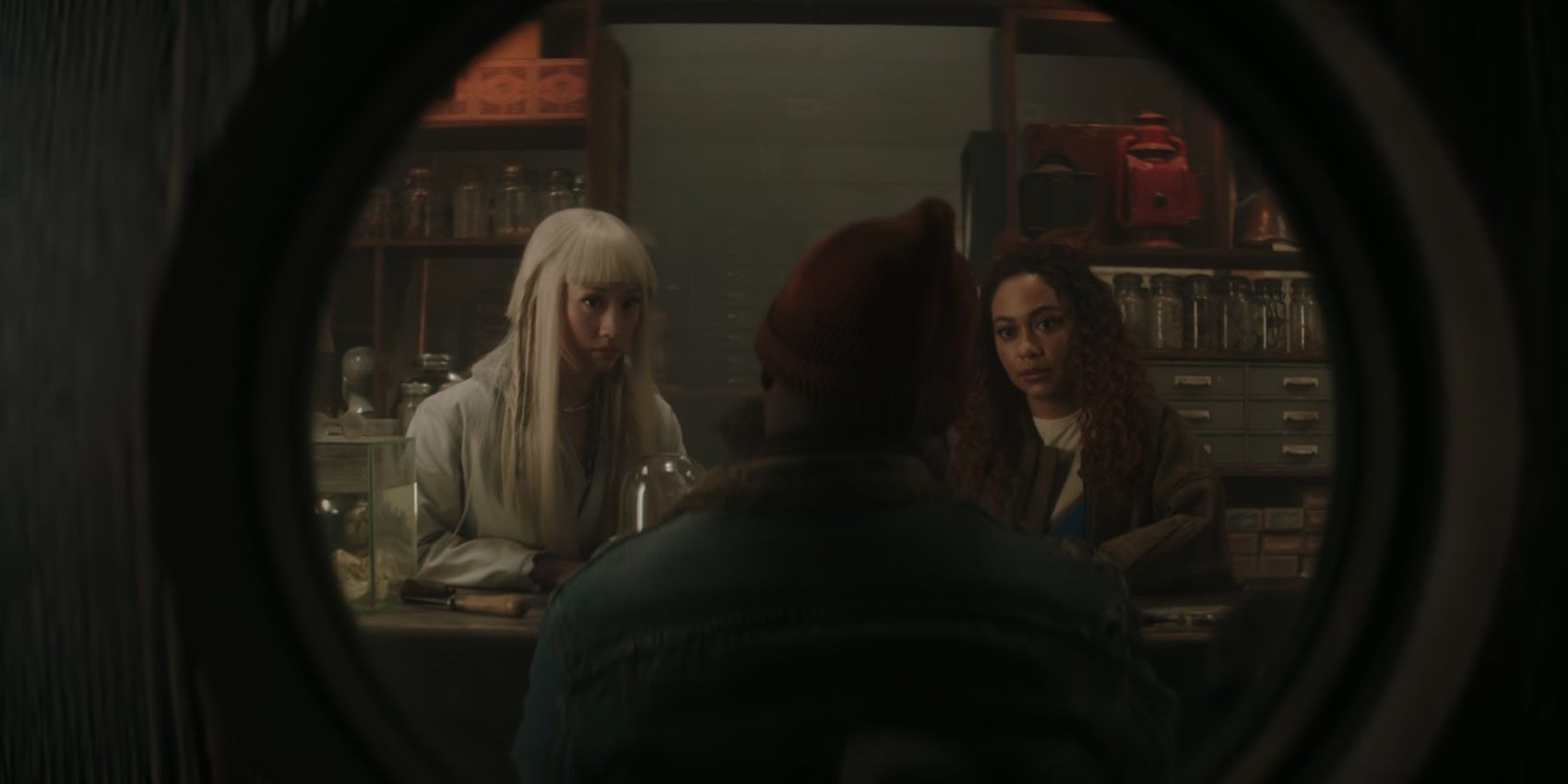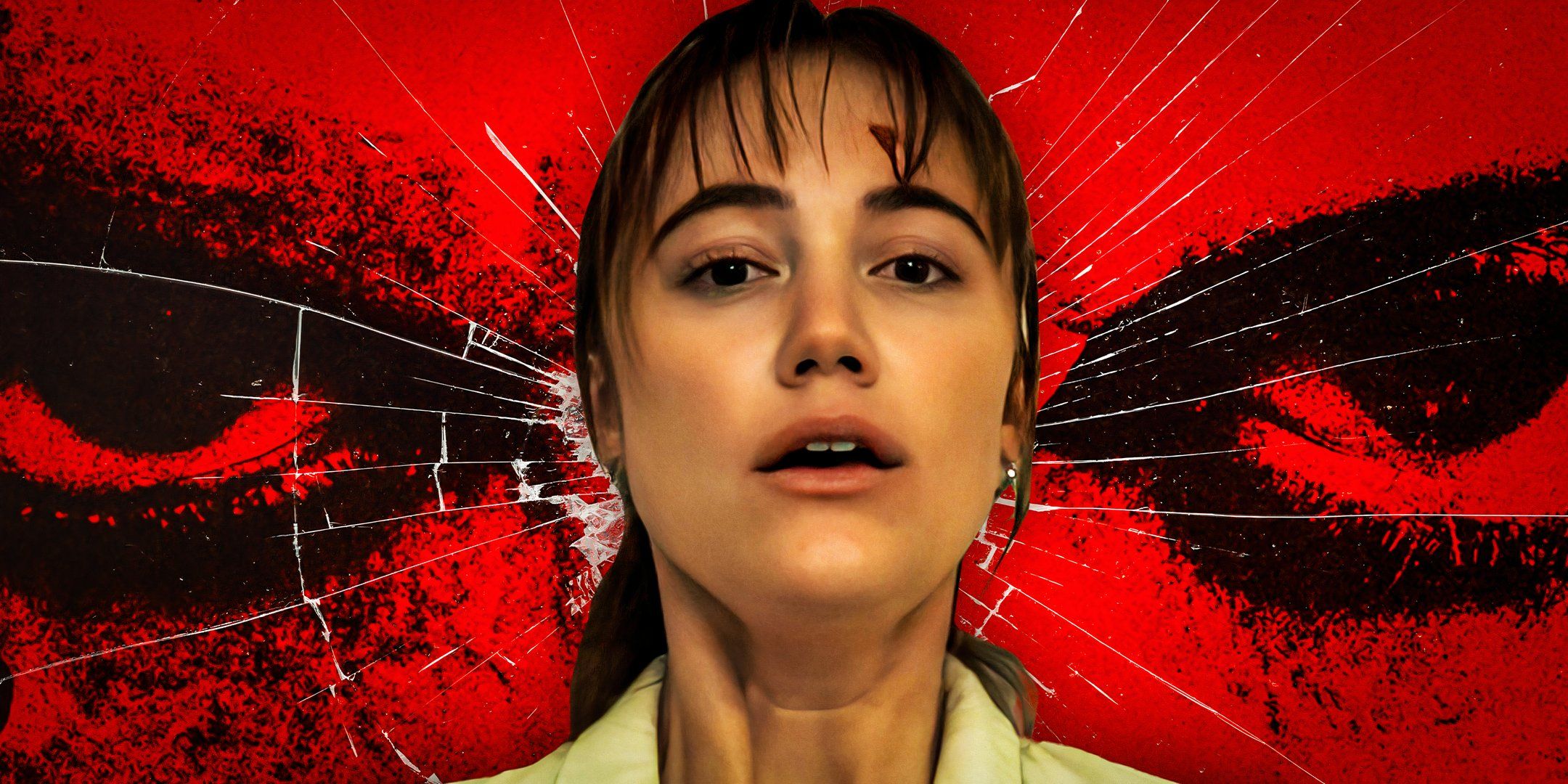While The Fall of the House of Usher looks like a major departure from form for Mike Flanagan, that doesn’t mean the series won’t borrow a story element from his most recent show. Mike Flanagan’s style has become pretty recognizable in the last few years. Through critically acclaimed Netflix shows like The Haunting of Hill House, The Haunting of Bly Manor, Midnight Mass, and The Midnight Club, Flanagan has become synonymous with a certain brand of horror drama. Flanagan’s work features many dysfunctional relationships, supernatural elements as trauma metaphors, and moving monologues on life, death, science, faith, and other big themes.
As such, the revelation that Netflix’s The Fall of the House of Usher will be a colorful, broadly comedic satire comes as something of a shock. While Flanagan himself did warn viewers that the show would be a bloody, funny Giallo-influenced project unlike any of his earlier efforts, the sheer campiness of The Fall of the House of Usher‘s trailer is still surprising. Fortunately, the promo also reveals that Flanagan’s slide to his more colorful side isn’t stopping him from utilizing an effective story trope that proved memorably creepy and moving in his last successful series.
The Fall Of The House Of Usher Revisits The Midnight Club’s Best Story
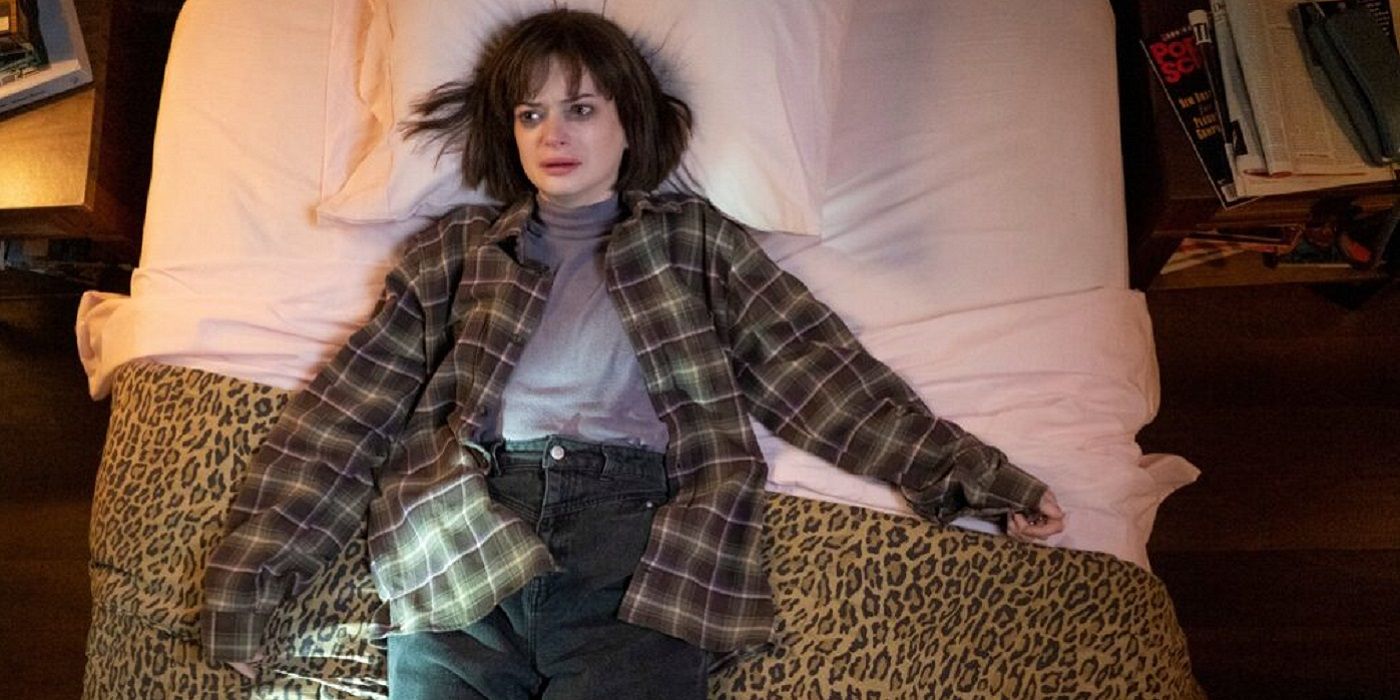
The Fall of the House of Usher‘s trailer promises an episode with an evil doppelgänger judging by Samantha Sloyan’s character seeing a smirking, unsettling version of herself leaving her room. While Flanagan’s earlier hit The Haunting of Hill House featured a poignant subplot in “The Twin Thing,” it was The Midnight Club that featured the director’s first use of creepy doppelgängers as a horror convention. The Midnight Club season 1, episode 2, “The Two Danas,” was a tragic but also blackly comic and seriously scary story of a ballerina who split her soul between two bodies and paid a painful price.
In the context of The Midnight Club episode, the story was clearly a metaphor for how the narrator’s perfectionism and subsequent double life led to addiction and devastating consequences. However, this sad undercurrent did not stop the episode from having some bleakly funny shocks and moments of gasp-eliciting gore. As Flanagan’s Stephen King adaptations proved, the director is skilled at finding the right mix between gruesome moments, character drama, and comedic relief, and “The Two Danas” encapsulated this skillful balancing act. That said, The Fall of the House of Usher’s take on doppelgängers will likely feel very different.
How Fall Of The House Of Usher’s Tone Changes This Mike Flanagan Story
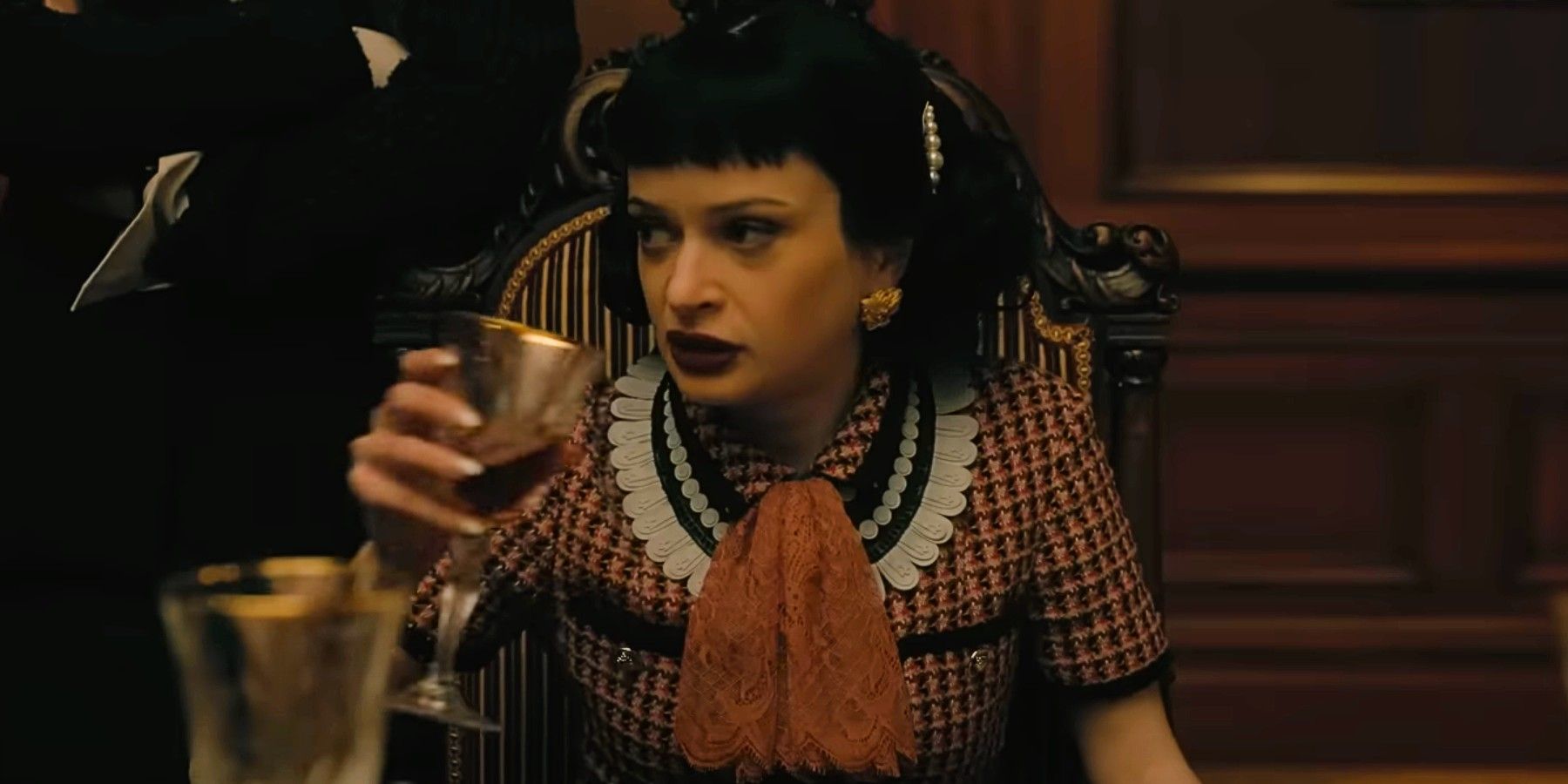
The duality of the director’s characters might be a significant theme in both stories, but it looks like The Fall of the House of Usher will take its leads much less seriously and treat their plight much less sympathetically than The Midnight Club. The Midnight Club focused on a group of terminally ill teens, making the show’s heroes extremely empathetic. In contrast, The Fall of the House of Usher follows an uber-wealthy family who got rich through illicit means. The Fall of the House of Usher’s sillier tone looks set to make it Mike Flanagan’s funniest project yet, meaning its doppelgänger episode probably won’t be as devastating.
